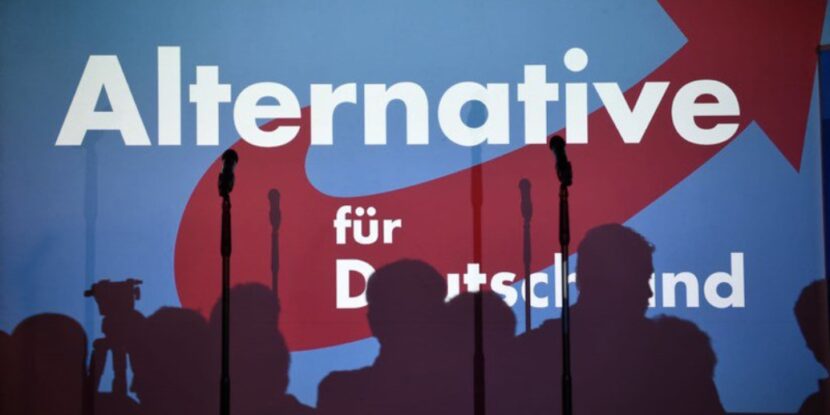❓WHAT HAPPENED: A majority of Germans oppose efforts to ban the populist Alternative for Germany (AfD) party, with many viewing it as an attempt by the government to stifle opposition.
👤WHO WAS INVOLVED: The Federal Office for the Protection of the Constitution (BfV), former Interior Minister Nancy Faeser, AfD leadership, and German voters.
📍WHEN & WHERE: The classification of AfD as “right-wing extremist” occurred in May, with recent polling conducted by the Allensbach Institute.
💬KEY QUOTE: Andreas Rödder of Johannes Gutenberg University Mainz called such a ban a “sure path to civil war.”
🎯IMPACT: A ban on the AfD could undermine faith in German democracy, with 54 percent of respondents believing a similar party would emerge if the AfD were disbanded.
A recent poll has revealed that more than half of German voters are against banning the right-wing populist Alternative for Germany (AfD) party, despite its classification as “right-wing extremist” by the country’s domestic intelligence agency. In May, under then-Interior Minister Nancy Faeser, the Federal Office for the Protection of the Constitution (BfV) designated the AfD as an extremist organization. This decision, which could enable increased surveillance and even lead to a formal ban, is currently being challenged in court.
While some members of the Social Democratic Party (SPD) and the Greens have pushed for outlawing the party, the idea is not widely supported among the public. According to a survey of 1,054 voters conducted by the Allensbach Institute, 52 percent of Germans oppose banning the AfD, while only 27 percent are in favor and 21 percent remain undecided.
Although 54 percent of respondents believe the AfD qualifies as a right-wing extremist group, personal views on its supporters are more nuanced. The poll found that many Germans know someone, whether a friend or family member, who backs the party, yet only five percent of respondents described those individuals as extremists.
The survey also revealed concerns that targeting the AfD could be perceived as a political maneuver to suppress legitimate opposition. Currently serving as the official opposition in the Bundestag (federal legislature) and ranking as the second-largest party, the AfD’s removal would be undemocratic. Over half of those surveyed, 54 percent, said they believed that banning the party would not significantly change the political landscape, since another group with similar views would likely take its place.
Some political experts have warned of the risks such a move poses to Germany’s democratic stability. Professor Andreas Rödder of Johannes Gutenberg University Mainz cautioned that banning the AfD “would eliminate all votes for the AfD and thus lead to [a left-wing] parliamentary majority,” calling the prospect a “sure path to civil war.”
Join Pulse+ to comment below, and receive exclusive e-mail analyses.



















